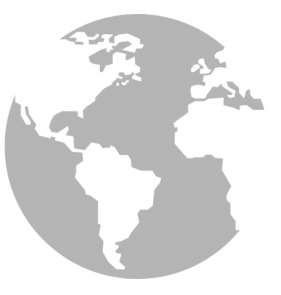About "Maam"
Maam means ‘grandparent’ in Wolof, the main language of Senegal. Seckou is singing to his grandmother but a woman might sing the same song to her grandfather. ‘Come dance with me, maam,’ he sings. ‘Show me some of your moves. Show me what you’ve got. I promise to take care of you. You’re not going to fall over.’ “The last time I saw my grandma dance was quite a long time ago,” Seckou says. “But dancing is freedom. Your movement doesn’t have to be strong or acrobatic. It’s enough for your heart to dance.” ‘Let’s go forwards,’ he sings, ‘let’s go backwards, let’s go sideways,’ guiding his grandmother’s steps to the clavé of the rhumba beat so beloved of Senegalese people in the 1950s, 1960s and 1970s, when bands like Orchestra Baobab reigned. The arrogance of youth looks at an old person and cannot imagine their fullness as a human being, who once danced, made love, everything. “I condemn that,” says Seckou, “so I’m inviting them in. This is a dance song for all the maams around the world, sung in both Mandinka and Wolof.

